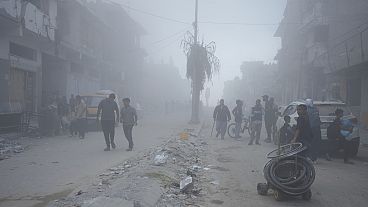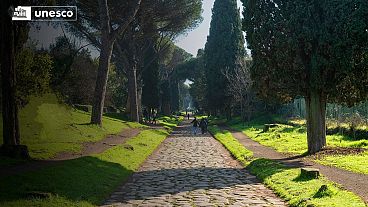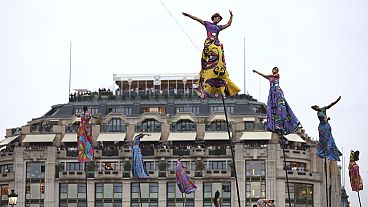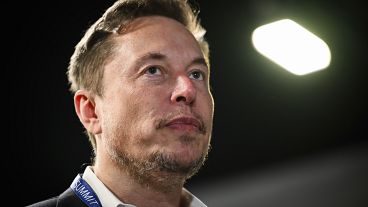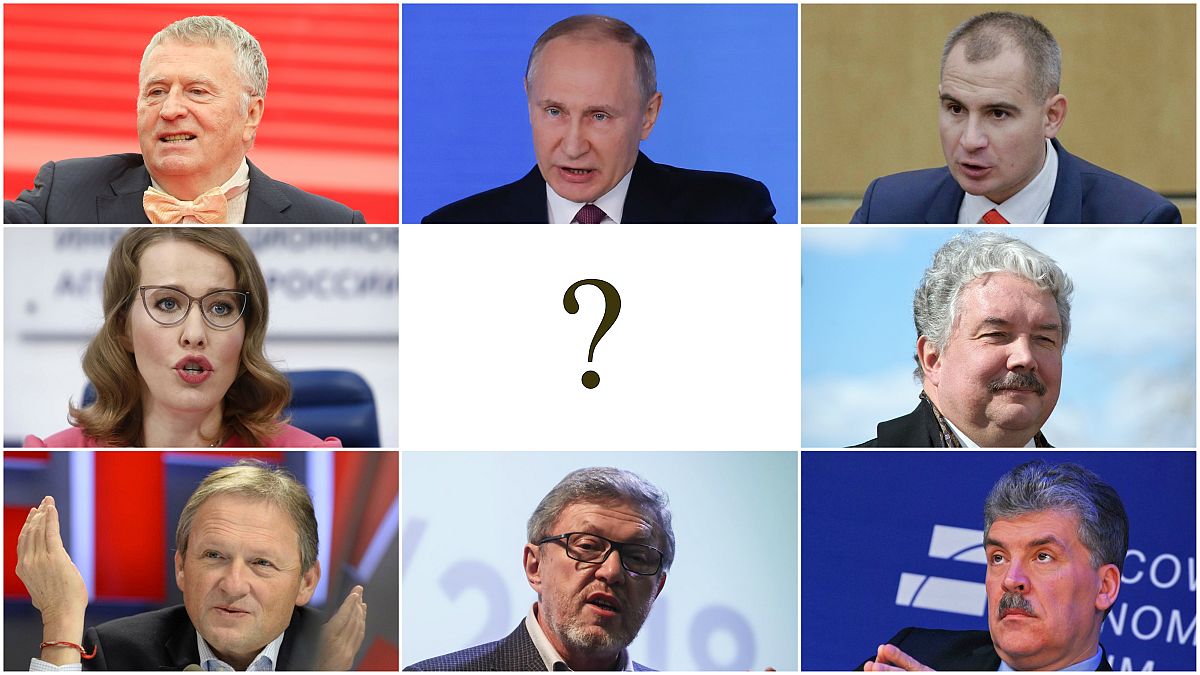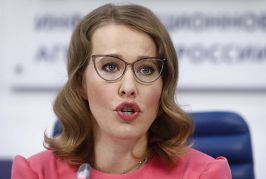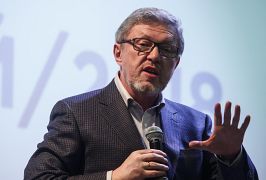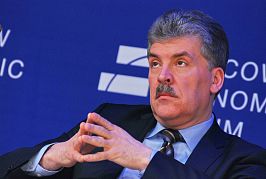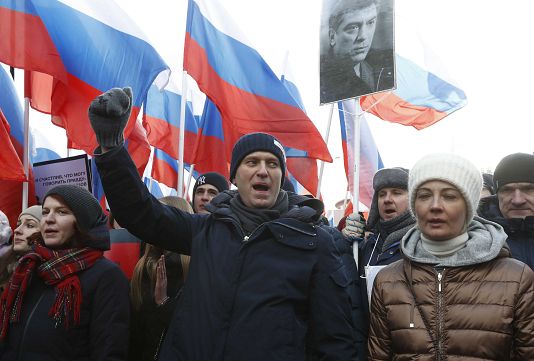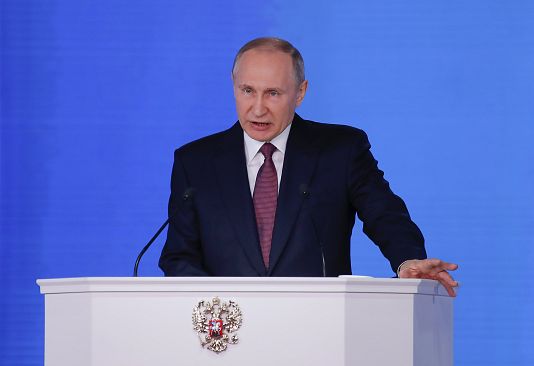On March 18, over 110 million Russians will have their say on who will be the next president. But while few question who is likely to win, the vote is important as it will show how firm Putin's grip on power really is. Here’s our breakdown of Russia’s presidential election.
Eight candidates, including incumbent President Vladimir Putin, are in the race:
Candidates
The young generation
Ksenia Sobchak: A 36-year-old TV anchor and socialite-turned-politician. She comes from a high-profile political family – her dad was Putin’s chief in the nineties as the mayor of St Petersburg – and stands as a candidate of the liberal Civic Initiative party.
Maxim Suraykin: The 39-year-old leads the far-left Communists of Russia party and longs for the restoration of the Soviet Union. A firm Stalinist, his campaign slogan is "10 Stalin-type blows against capitalism".
The old guard
Vladimir Zhirinovsky: A 71-year-old career politician who is sometimes described as a showman in Russian politics. The populist has stood in presidential elections since 1991 as head of the Liberal Democratic Party of Russia (LDPR).
Grigory Yavlinsky: A 65-year-old economist and leader of the social liberal party Yabloko.
Vladimir Putin: Former KGB operative and incumbent president Putin is an independent candidate and former leader of the ruling United Russia party. The 65-year-old also oversees the All-Russia People's Front – an umbrella organization of over 1,500 smaller parties, unions and interest groups, of which United Russia is a core member.
The marginal figures
Sergey Baburin: A 59-year-old law professor-turned-politician and candidate for the nationalist Russian All-People's Union.
Pavel Grudinin: A 58-year-old strawberry tycoon from the Russian Communist Party. The former farmer is boss of the Lenin State Farm – Russia’s largest strawberry grower – and boasted earnings of 157.4 million rubles (€2,250,000) between 2011 and 2016, according to the Russian election commission.
Boris Titov: A 58-year-old businessman and Presidential Commissioner for Entrepreneurs' Rights. A liberal proponent of free market economy and middle class protectionism, Titov joins the race as leader of the Party of Growth, which he founded in 2009.
Twenty-nine other candidates, including Kremlin critic Alexei Navalny, were refused entry into the presidential race for various procedural reasons. These included Green candidates, monarchists, nationalists, and the head of a strip club association in Russia.
Who are the opposition?
Aside from lesser known right-wing politicians and the communist parties, one of the few alternative forces in the election is Yavlinsky. But the centre-right politician has lacked popular support until now. In 2012, his attempt to enter the presidential race was blocked after he failed to gather enough verifiable signatures to register. Sobchak, the only female candidate, has also presented herself as a strong anti-establishment figure that is “against everyone”.
But what about Alexei Navalny?
A ruthless critic of the Kremlin, Navalny’s main message is to fight against corruption. The anti-establishment figure has lead numerous protests against the government which often resulted in his arrest and detention. The 41-year-old announced his candidacy for the election at the end of 2016 and gathered the required 100,000 signatures he needed to register. But he was barred by The Central Election Commission which cited his criminal record.
Navalny complained to Russia's Supreme Court but his case was rejected, as well as a further complaint to the Constitutional court. Navalny then called for a boycott of the 2018 election.
'If' Putin wins
It will be the fourth election term for the current Russian leader. He was first elected in 2000 following a handover of power by then-president Boris Yeltsin, who resigned six months before the end of his tenure.
In the years since, he has spent four of them as prime minister in order to respect the constitutional limit of two consecutive presidential terms. But after Dimitri Medvedev left the presidency in 2012, Russian lawmakers extended the presidential term of four years to six. This means Putin, could stay in power until 2024, when he turns 72.
The history of Putin's hold on power
How do Russians vote?
There are almost 109 million eligible voters inside Russia for whom there are 94,500 polling stations across the country. An additional 1.8 million voters live abroad and 369 polling stations are based overseas.
Voters simply need to check a box next to the name of their preferred candidate and submit the ballot.
Candidates must attain more than half of the vote to win outright, otherwise the top two with the most votes will advance to the second round which takes place three weeks later.

